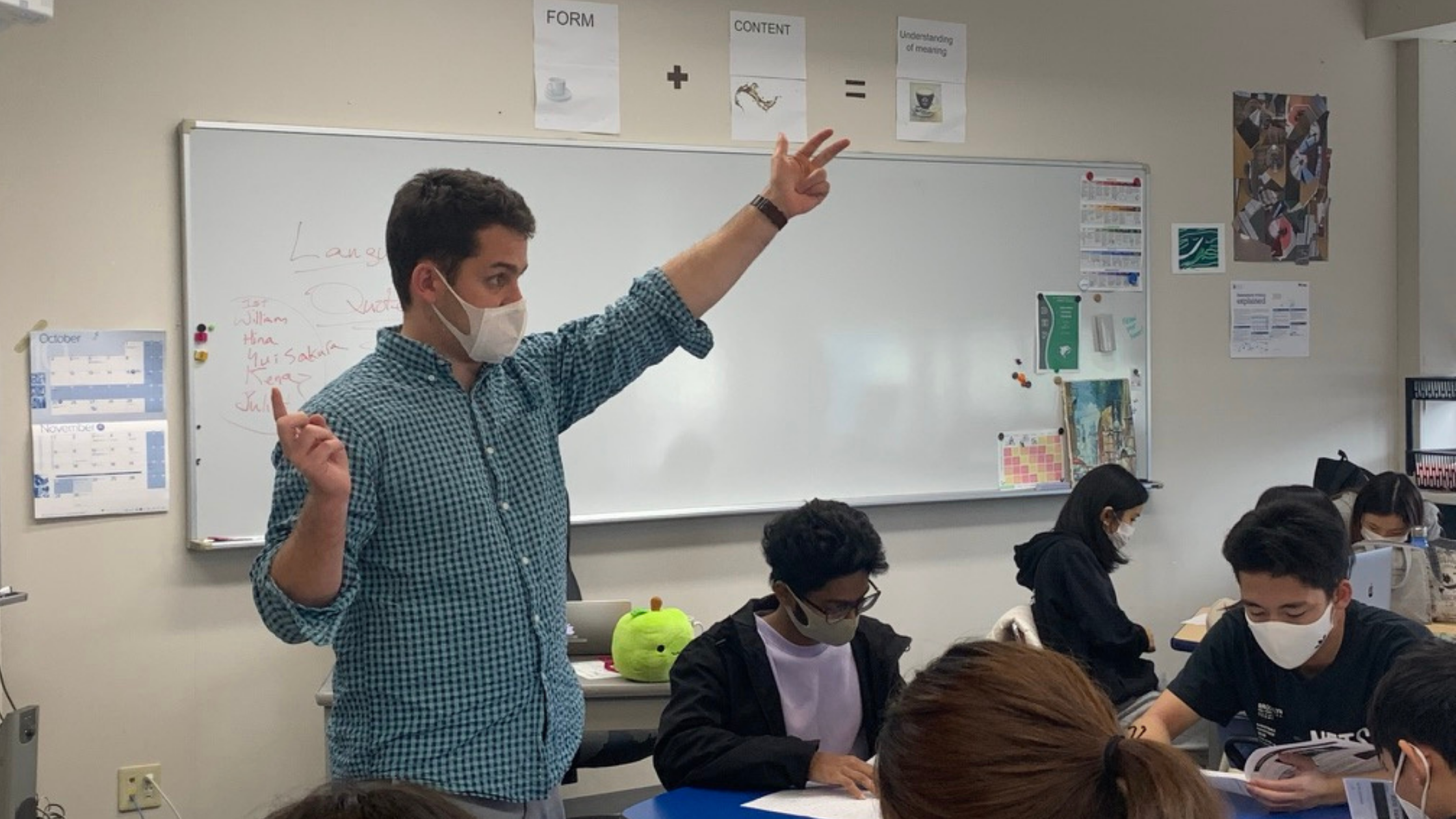
What does it mean to be a star? Is it your popularity? Is it the quality of your work? Your ability to make news? The values you promote? The ideas you represent?
Are pop stars artists? If so, what about their work is artistically meaningful?
Chances are, your answers to these questions would depend on when these questions were being posed to you. For example, Britney Spears spent most of the late 2000s excoriated and hounded by paparazzi and castigated by cultural critics as an example of the inherent baseness of America’s celebrities. Late-night hosts lambasted the star for her impropriety, scoring increasingly harsh jokes at the expense of her mental health (with the notable exception of Craig Ferguson). If we fast-forward to today, most mainstream news outlets seem at least publicly ashamed of their past behavior.
What changed? …and what does that change tell us about ourselves?
In our DP Language and Literature classes, students will explore changes in media culture through two of the world’s most visible stars--Britney Spears and Taylor Swift. In examining tabloids, academic think pieces, music, and testimonies from these public figures themselves, we will try to answer a number of interesting and difficult questions:
- To what extent do media outlets construct public opinion?
- To what extent do artists control the perception of their “brand”?
- How do values, ideologies, and belief systems change over time?
- What is art? To what extent are provocative public figures like Britney Spears and Taylor Swift creating art?
In answering these questions, students are invited to interrogate their own beliefs and consider the extent to which their beliefs might change over the next twenty years. How might different public figures, intellectuals, and media interactions influence them? Hopefully, students will consider how they might make a positive impact on our current media discourse.
What do you think? Do you think that our changing views of Britney Spears show that our discourse has gotten kinder? Do you think our relationship with mainstream culture has changed?
Keep tuned into NIS stories to learn more about what we are discussing in the classroom!

